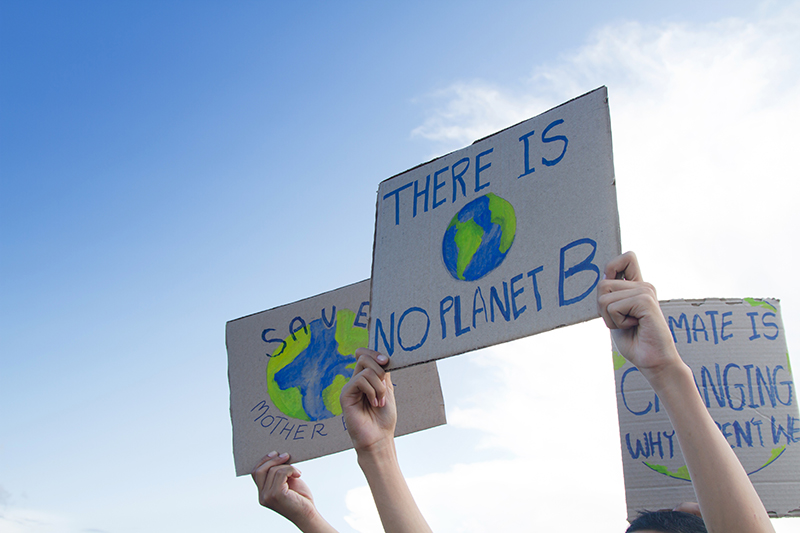Hot Topics: Climate Change, Health Policy, and Emergency Medicine
Hot Topics: Climate Change, Health Policy, and Emergency Medicine
Feb. 1, 2021
Let's discuss a few hot topics: How do rising temperatures affect emergency medicine and the health of your patients? In this episode we sit down with Dr. Caitlin Rublee to discuss bugs, drugs, plants, and people. We connect the dots to show how climate change relates to social emergency medicine and what we can do as leaders to engage in health policy and take action to protect our patients!
Host
Kim Bambach, MD
Medical Education Fellow
Interim Assistant Director of the Kiehl Wellness Endowment
The Ohio State University Wexner Medical Center
Twitter: @kimbambach
EMRA*Cast Episodes
Guest
Caitlin Rublee, MD, MPH
Assistant professor of Emergency Medicine
Medical College of Wisconsin
Fellowship-trained in Climate & Health Science Policy
University of Colorado Department of Emergency Medicine
@CaitlinRublee
Overview
Let's discuss a few hot topics: How do rising temperatures affect emergency medicine and the health of your patients? In this episode, host Kim Bambach, MD, sits down with Caitlin Rublee, MD, MPH, to discuss bugs, drugs, plants, and people. We talk about how climate change relates to social emergency medicine and what we can do as leaders to engage in health policy and to take action to protect our patients!
Key Resources
- The Lancet Countdown policy brief: https://www.lancetcountdown.org/resources/
- National Institutes of Environmental Health Science literature portal: https://tools.niehs.nih.gov/cchhl/
- The "Fierce Urgency of Now" commentary by Professor Ed Maibach in the Journal of Climate Change and Health: https://www.sciencedirect.com/science/article/pii/S266727822030002X
- The Medical Society Consortium on Climate and Health: https://medsocietiesforclimatehealth.org/
- Healthcare Without Harm: https://noharm.org/
- Medical Students for a Sustainable Future: https://ms4sf.org/
- EMRA Social Emergency Medicine Committee: https://www.emra.org/be-involved/committees/social-emergency-medicine/
- ACEP Social Emergency Medicine Section: https://www.acep.org/how-we-serve/sections/social-emergency-medicine/
- SAEM Interest Group on Social Emergency Medicine and Population Health: https://www.saem.org/get-involved/leadership-opportunities/join-an-interest-group
Key Points
- Climate change affects bugs, drugs, plants, and people! Rising temperatures mean increased vector-borne/zoonotic infections, decreased efficacy of medications and patient access to medications, as well as increased potency of plant-borne illness and decreased biodiversity. Most important, it means poor health outcomes for our patients.
- Addressing health care equity is crucial when it comes to climate change. Vulnerable populations are disproportionately affected, and social determinants of health are front and center.
- COVID-19 has exposed our fragile health care system. There are many steps we can take to build climate-smart, climate-resilient health systems to prepare for when disaster strikes. You can:
- Start a conversation about climate change in your program or medical school
- Incorporate health policy education into your curriculum, research, or QI projects
- Seek multi-disciplinary collaborators
- Get involved with organizations within your hospital or on the national stage
- You can talk about climate change with your patients! For example, for your patients with asthma, discuss risks stemming from pollen and air pollution. For your patients who work outside, talk about heat index and cooling measures.
- You are a leader: What can you do to inspire and engage? Channel the fierce urgency of now into action!





